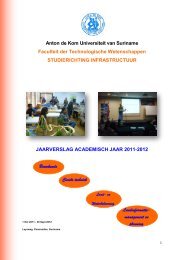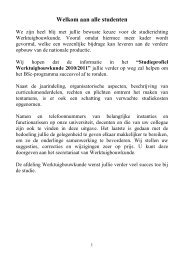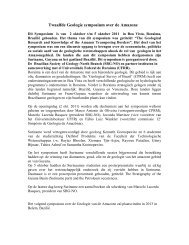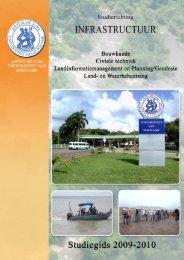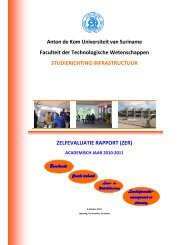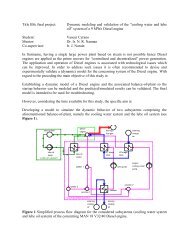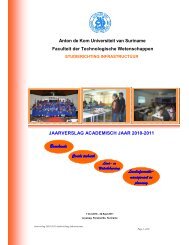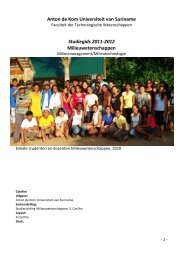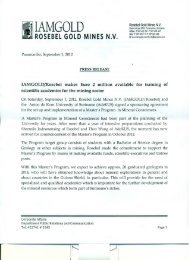Social Media:
Social Media:
Social Media:
You also want an ePaper? Increase the reach of your titles
YUMPU automatically turns print PDFs into web optimized ePapers that Google loves.
<strong>Social</strong> media:<br />
A guide for researchers<br />
RSS enables information from many different sources and types of sources to be read efficiently without<br />
the need to remember and visit many different sites. RSS readers may be text-based like Google Reader<br />
(www.google.com/reader), or may take a more visual approach to presenting information while still<br />
following the same principle of aggregation. This is normally referred to as a ‘dashboard’, which consists<br />
of a grid of user-chosen ‘widgets’. Examples include tools such as iGoogle (www.google.com/ig), Google’s<br />
visual ‘landing page’, or Netvibes (http://www.netvibes.com). Although aggregation will allow you to<br />
process information more efficiently, discovery of relevant information is still a vital skill for researchers.<br />
This is where having an appropriate network can be extremely valuable.<br />
Creating the right network<br />
Tools can help you to manage or avoid information overload, but it is even better to combine tools<br />
with the knowledge and expertise possessed by your network. <strong>Social</strong> tools are designed to help you<br />
to harness the power of your networks for a range of purposes, including the identification of useful<br />
research information. However, new users face a challenge in building a network that will enable<br />
them to enjoy this kind of value.<br />
Watching others does not always help, since you see their networks and information about things<br />
that they are interested in rather than what’s important to you. However, when you start to build your<br />
own network it will begin to channel the kinds of things that you are interested in.<br />
<strong>Social</strong> media therefore require you to build a network for yourself; and you probably need to build<br />
your network fairly quickly to keep your motivation going. Services such as Facebook are successful<br />
because they automatically recommend connections based on shared interests or shared contacts.<br />
However, you probably shouldn’t leave the creation of your network to a machine. It is important that<br />
you actively go looking for the right people to add to your network.<br />
There are benefits in having large and diverse networks, but over-complexity is the enemy of efficient<br />
communication, leading to noise rather than information. At some point you reach information<br />
overload and find that you are missing most of the interesting stuff. The key question for researchers<br />
is: at what point does a useful network become too big Here, some network theory may help you to<br />
understand how successful networks work, and also to develop your own use of social media.<br />
37



